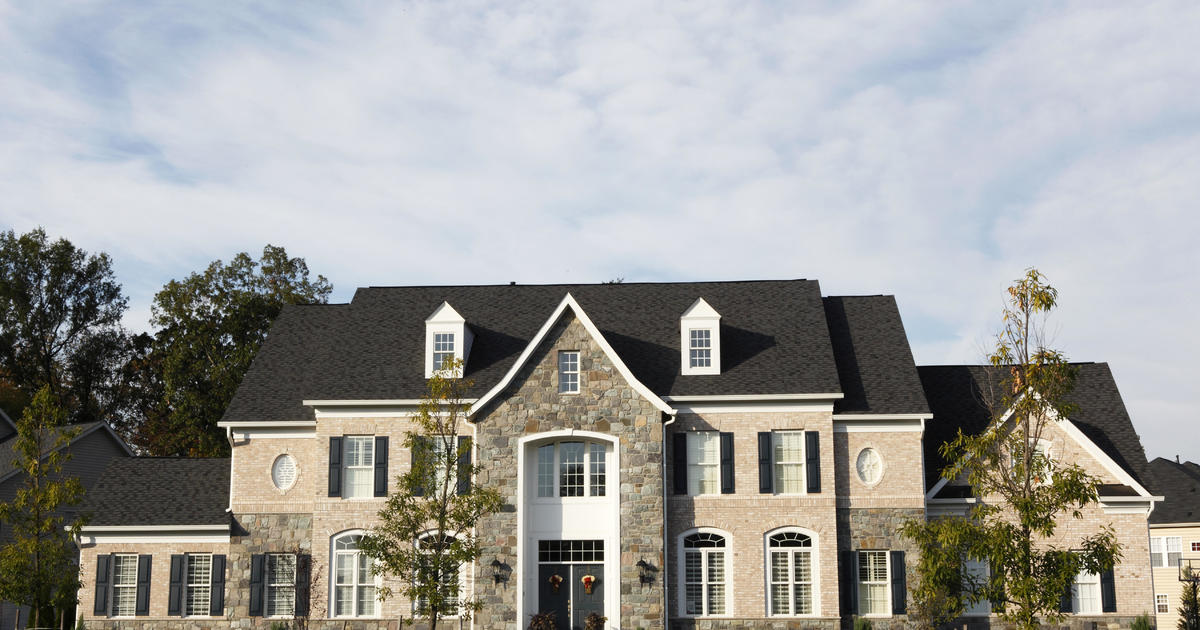How the pandemic gave commercial real estate tenants the upper hand
The COVID-19 pandemic has changed the nature of commercial real estate negotiations, shifting some of landlords' long-held leverage to tenants as cities across the U.S. experience a reshuffling of where business activities take place. It's also created opportunities for some small businesses to take a chance on brick-and-mortar properties, while other smaller shops that long relied on daily business crowds have suffered.
The virus ushered in remote work, with corporations across the globe closing their offices and sending workers home. Some employers have held on to their corporate leases even as hybrid work arrangements lead to employees spending less time in the office, while others have reduced their real estate footprints or given up their spaces altogether.
Overall across the U.S., leasing activity has dipped in tandem with employees and employers rethinking traditional five day work weeks with every day spent in the office.
In New York City, for instance, Midtown Manhattan's office availability rate — a measure of commercial spaces that are either vacant or about to become vacant — is nearly 18%, up from about 10% before the pandemic, according to CBRE, a global commercial real estate firm.
In other formerly busting central business districts across the U.S., more office space than usual is sitting empty. The office availability rate for the fourth quarter of 2021 was 22%, up from 18% before the pandemic, CBRE found.
"A tenant's market"
These higher availability rates are part of what is driving the shift in power dynamics that govern commercial real estate negotiations over everything from 10,000 square-foot offices to the restaurant spots and retail spaces that in the past would serve big companies and their thousands of workers.
"Everyone knows central business districts are far lower-traffic areas than they used to be and we feel like even with office occupancy returning at a slow pace, it's going to be a long time, if not maybe forever, until there is five-day office occupancy," said Peter Braus, co-founder of New York City real estate firm Lee & Associates. "I think in terms of whether it's a tenant's market or landlord's market, clearly we are still in a strong tenant's market for most of the office sector."
So, how are businesses capitalizing on new leasing opportunities in this favorable environment?
For one, they can count on deep discounts on work and retail spaces, with the exception of premium office spaces that are drawing interest from employers looking to give workers a reason to leave their homes and return to physical workplaces.
"People say if they want to continue pay for office space, they want amenities in building — things like a gym or a fancy restaurant. They really want the best if they're going to pay through the nose for it," Braus said.
Deals are still aplenty across the rest of the market.
"We're coming off a period during pandemic where the office market was severely restricted in terms of how occupiers could use their space, which led a lot of them to vacate space and put more space on the sublease market," said Julie Whelan, a future of work expert at CBRE. "What we see now is a recovery is underway, but a recovery doesn't happen overnight which means yes, there are still generally favorable conditions for tenants to negotiate leases in."
Concessions and more concessions
These are some of the features of new leases tenants deem most important:
- Flexibility clauses
- More free rent
- Tenant improvement allowances
- Space in sustainable buildings
Flexibility is at the top of tenants' wish lists when signing leases, according to brokers.
Clauses that protect tenants against future disruptions to business due to COVID-19 — like another potential construction moratorium — are increasingly common these days and give occupants the ability to either extend their leases if things go well, or sublease their spaces to other tenants if they don't. Flexibility is key right now, as the U.S. braces for another COVID-19 wave driven by the more contagious BA.2 Omicron subvariant — and it's being woven into deals in writing.
And while concessions like free rent and a tenant improvement allowance that helps new occupants spruce up their spaces were a part of most retail deals before COVID, businesses are scoring deeper discounts and more improvement allowances than before.
Before the pandemic, commercial tenants entering into new lease agreements could typically expect discounts of up to 10%, according to Mike Watson, a New York City broker who represents both tenants and landlords.
These days, lessees can do even better.
"Right now, 20% off is pretty achievable," Watson said. "Depending on the market, the city and the credit of the tenant, you can probably even get 25% off."
That's lower than the extreme discounts landlords were agreeing to during peak COVID-19 periods.
Watson recalls his client About Coffee, a mom-and-pop coffee business with three locations across New York City, scoring a 40% discount on a retail space it took over in Manhattan's garment district during the pandemic.
"You may have missed the absolute peak, but if you know where to look and can take advantage of good spaces in market, you can still come in and get a deal," Watson said.
Tenants was much less "wiggle room" before the pandemic, he added. "It was more of a landlord's market then."
Supply chain snarls
Another concern taking center stage in lease negotiations is free rent for tenants whose plans to open restaurants, retail stores and other businesses become snarled by ongoing supply chain hang ups, according to Matt Chmielecki, a Manhattan retail specialist at CBRE.
Shipments of business essentials like kitchen equipment for a restaurant, and heating, ventilation and air conditioning units are backed up, causing some new businesses to have to delay opening.
"Tenants have real concerns about that and I've seen it creep up in the last several weeks," Chmielecki said.



